Homes often tell the stories of the people who live in them. Beyond decor choices or clutter, there are subtle signals that someone may be going through a difficult time. Noticing these signs is not about judging; it is about empathy and understanding. From small messes that accumulate because energy is low to personal items left untouched, these details can reveal struggles with mental health, stress, or life changes. Recognizing them can guide us toward offering support in gentle and meaningful ways. Movies like Silver Linings Playbook and Good Will Hunting depict spaces that echo personal turmoil and help audiences relate to these experiences.
1. Unwashed Dishes or Overflowing Sink
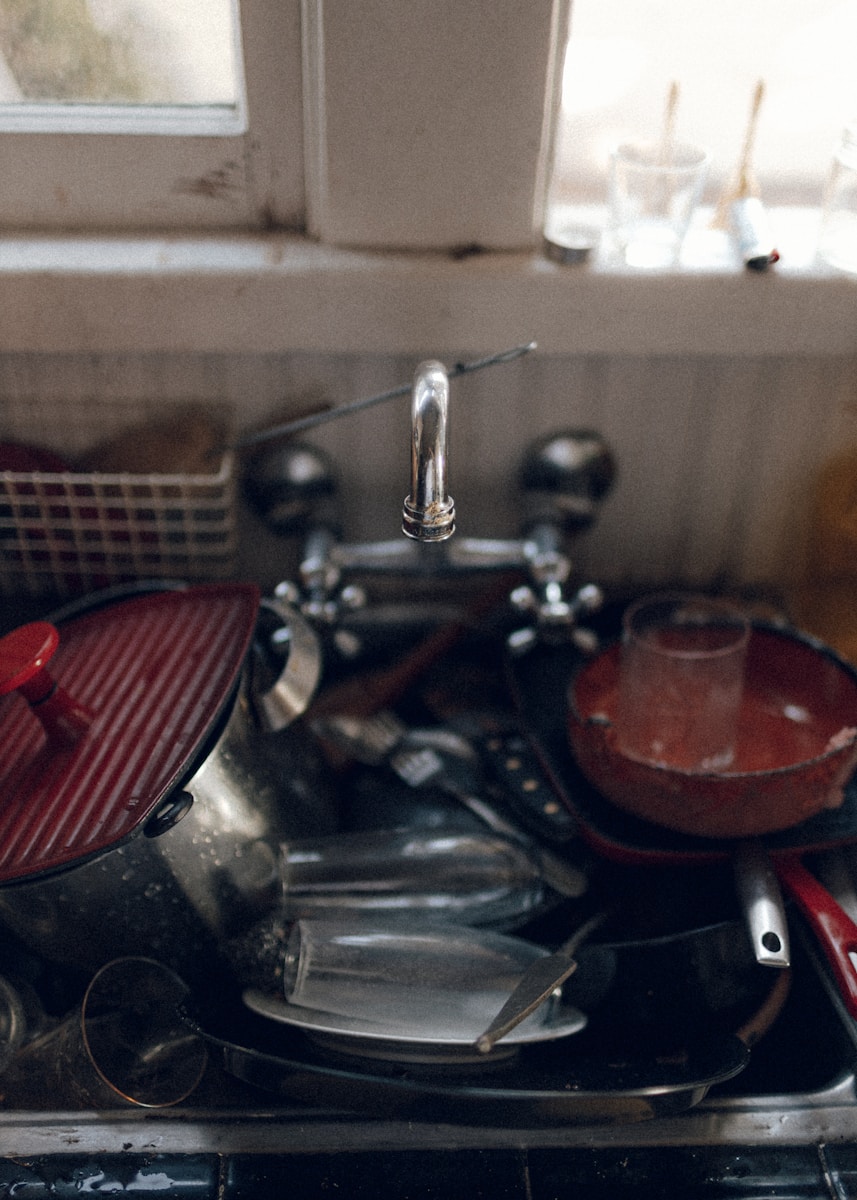
A pile of unwashed dishes is often more than a sign of laziness; it can indicate fatigue, depression, or feeling overwhelmed. Maintaining a kitchen requires energy that someone struggling may not have. These dishes can be a subtle signal that life feels heavy or unmanageable. Observing this without judgment and offering gentle help, such as sharing a meal or conversation, can provide comfort. Understanding the context behind an untidy sink is more important than focusing on cleanliness because it reflects emotional well-being.
2. Unmade Beds or Sleeping in Living Areas
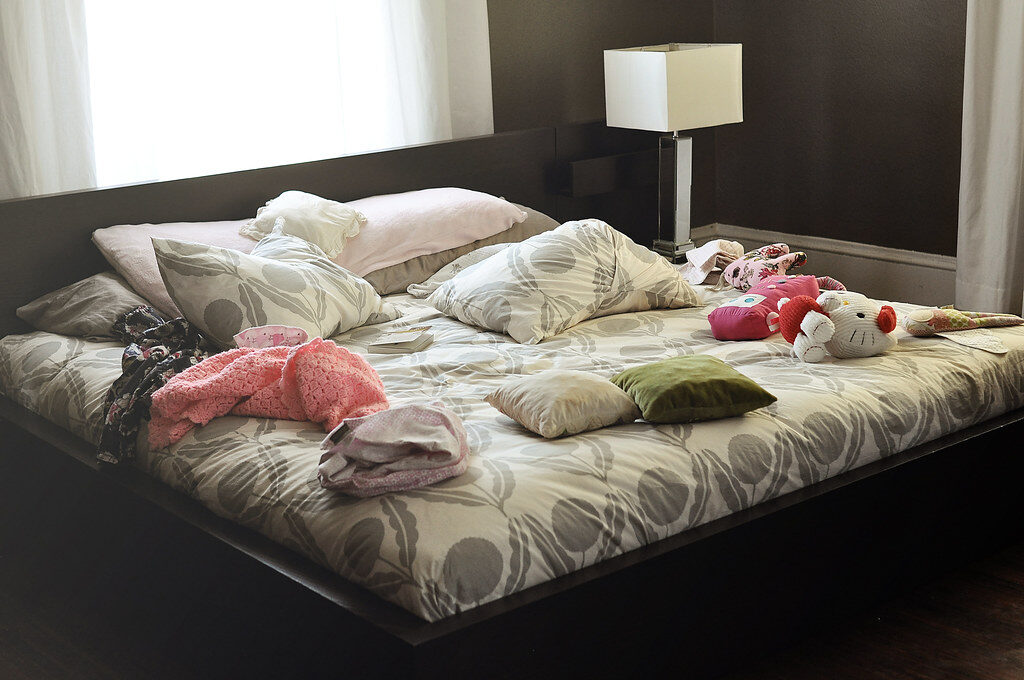
Beds left unmade or people sleeping on couches can indicate disrupted routines or low motivation. These small changes in habits often reflect emotional strain, stress, or grief. A living space where rest becomes inconsistent may reveal struggles with sleep, depression, or daily functioning. Noticing these signs allows us to respond with compassion rather than criticism. Offering support through checking in, providing company, or helping with small daily tasks can make a meaningful difference. Homes can quietly communicate feelings that are difficult to express verbally.
3. Piles of Mail or Unopened Bills

Stacks of mail or unopened bills are common signs of anxiety or avoidance. Managing paperwork requires mental energy that someone under stress may not have. These items can indicate financial strain, overwhelm, or depression. Noticing piles of mail should encourage empathy rather than judgment. Offering support by helping organize or simply checking in can alleviate some pressure. A home’s condition often mirrors internal struggles, and understanding this can lead to meaningful connections and assistance.
4. Dark or Minimal Lighting
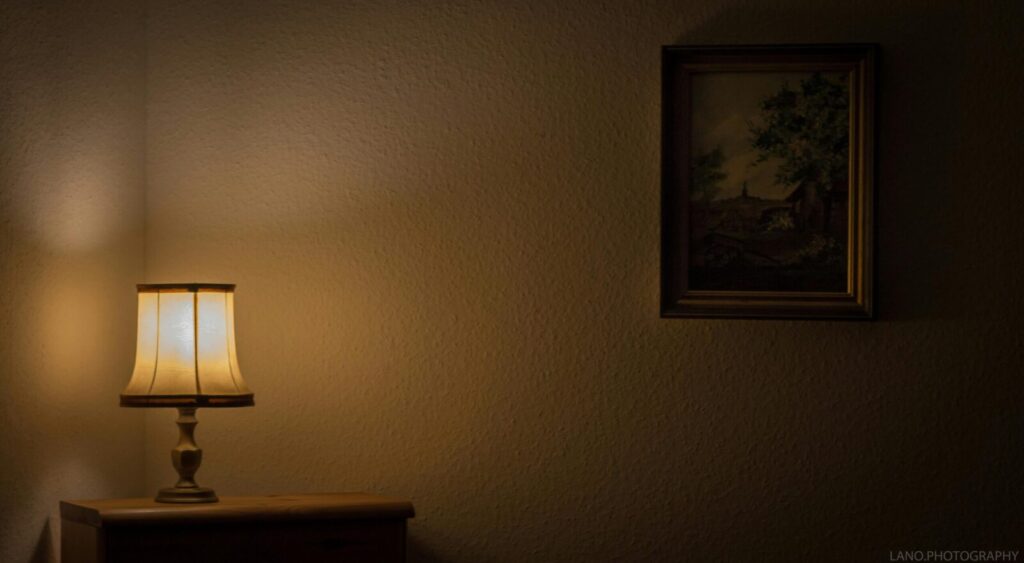
Dimly lit rooms often reflect withdrawal, low energy, or a desire for isolation. Lighting can affect mood and mirror emotional states without words. Observing dark or unwelcoming areas in someone’s home may signal sadness, stress, or fatigue. Offering company or small gestures to brighten the space can help improve emotional well-being. The environment we live in influences mental health, and noticing changes in lighting can provide insight into someone’s struggles. Homes often serve as mirrors for emotional experiences and overall well-being.
5. Unkempt Laundry or Clothes on the Floor

Clothes scattered across the floor or left unwashed can indicate exhaustion, low motivation, or mental strain. Maintaining personal belongings requires energy that someone struggling may not have. Seeing unkempt laundry is often a signal to offer support rather than criticism. Small gestures, such as helping with chores or simply checking in, can make a meaningful difference. A disorganized space often reflects the complexity of emotions and daily challenges that someone may be quietly facing in their personal life
6. Expired Food or Neglected Kitchen

Old food or a neglected kitchen can reflect low energy or difficulty maintaining daily responsibilities. Preparing meals requires focus and motivation that someone struggling may lack. Recognizing expired or neglected items allows for understanding of underlying stress or depression. Approaching with empathy and offering support, such as sharing meals or helping with grocery shopping, can be meaningful. A kitchen is often the heart of a home, and its state can reveal emotional and practical challenges that someone may be silently experiencing.
7. Minimal Personal Touches

A lack of photos, decorations, or personal items can indicate emotional detachment or numbness. Personal touches reflect identity and care for one’s surroundings, which may diminish when someone is struggling. Observing a minimal environment can prompt compassionate support or conversation. Offering connection without judgment encourages someone to express themselves in other ways. Homes with few personal touches often reflect the emotional state of the inhabitant, and understanding this can help create opportunities for meaningful support and empathy.
8. Excessive Clutter in Shared Spaces
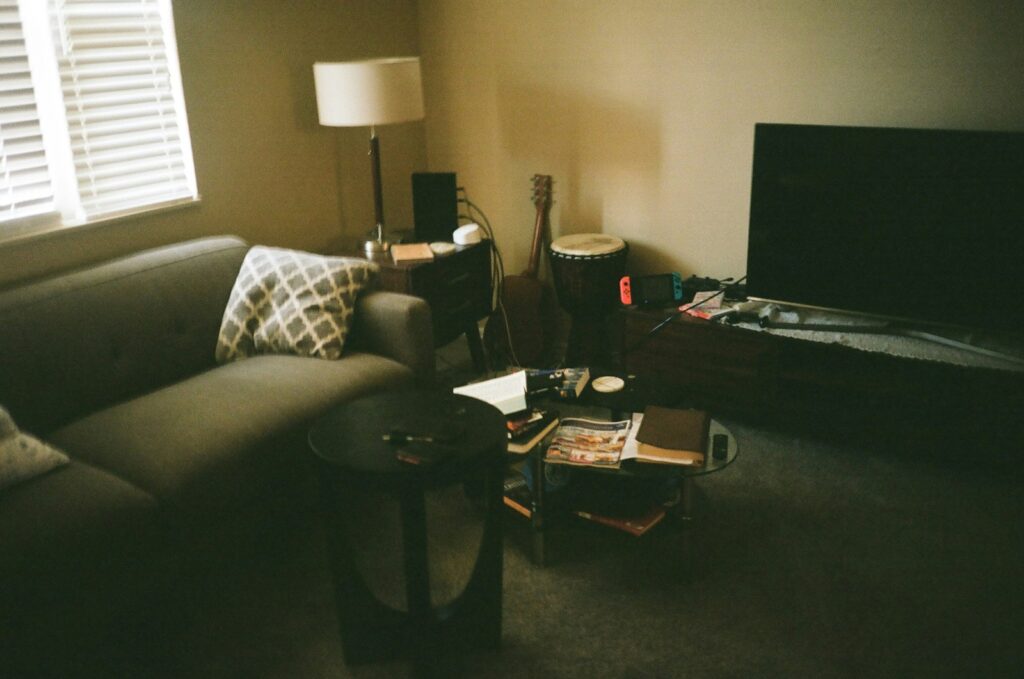
Overcrowded living areas often signal difficulty managing daily life due to stress or mental health challenges. Clutter can become overwhelming and further increase anxiety. Noticing clutter should encourage empathy and understanding rather than criticism. Offering assistance with organizing or simply acknowledging the struggle can help reduce stress. A home filled with clutter often reflects a complex emotional landscape, and recognizing this can provide opportunities to offer support with compassion and kindness.
9. Neglected Pets or Plants

Neglected pets or plants often indicate emotional overwhelm or fatigue. Caring for living beings requires energy that someone struggling may not have. Observing neglected pets or plants is a gentle signal that someone may need support. Offering help or simply checking in can provide meaningful assistance. Caring for living beings is both an emotional and practical task, and when neglected, it often mirrors the inner struggles and challenges that someone may be experiencing in silence.
10. Unused or Forgotten Spaces
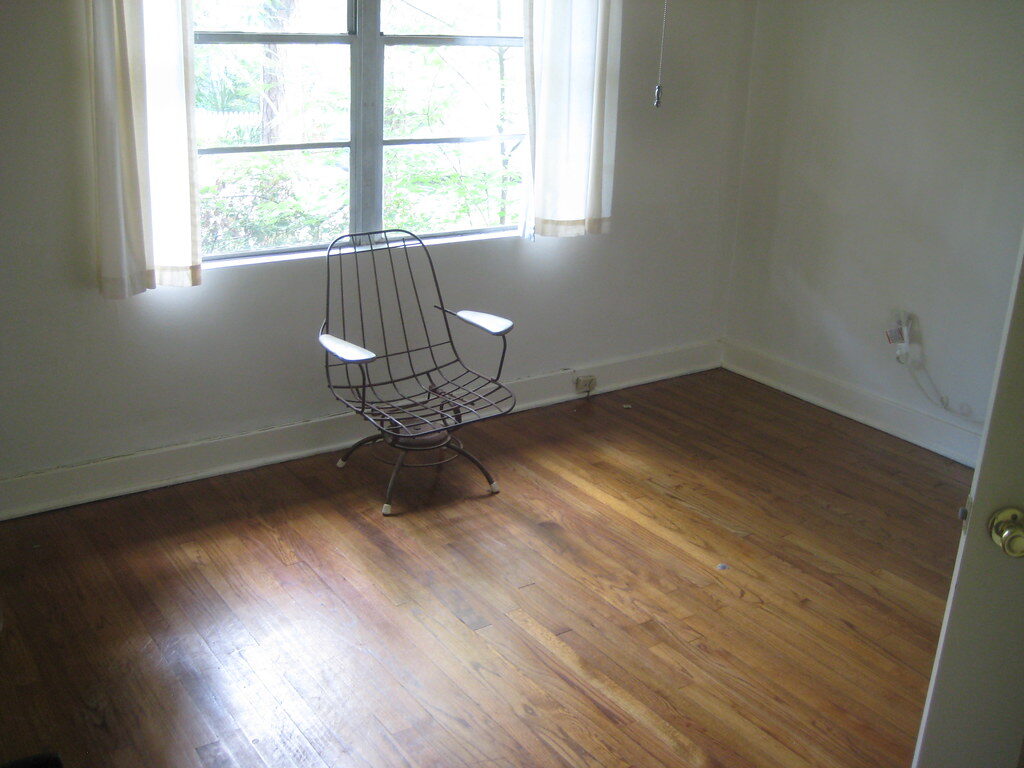
Rooms left empty or unused can reflect avoidance or disengagement from daily life. Personal spaces often serve as extensions of emotional states. Recognizing unused areas provides insight into a person’s emotional well-being and potential need for support. Approaching with understanding and offering companionship or involvement in daily routines can be helpful. A home often reflects one’s mental and emotional state, and observing unused or forgotten spaces allows for empathy and creates opportunities to offer meaningful assistance.
11. Visible Medication or Health Aids

Medication left out or health aids in plain view often indicate ongoing physical or mental health challenges. Daily management of health requires energy and consistency, which may be difficult for someone struggling. Seeing visible medication can signal that someone may need support or understanding. Offering empathy or gentle assistance is more important than judgment. The state of a home often communicates the challenges a person faces, and recognizing visible health items can provide insight into their ongoing personal struggles and needs.
Comments